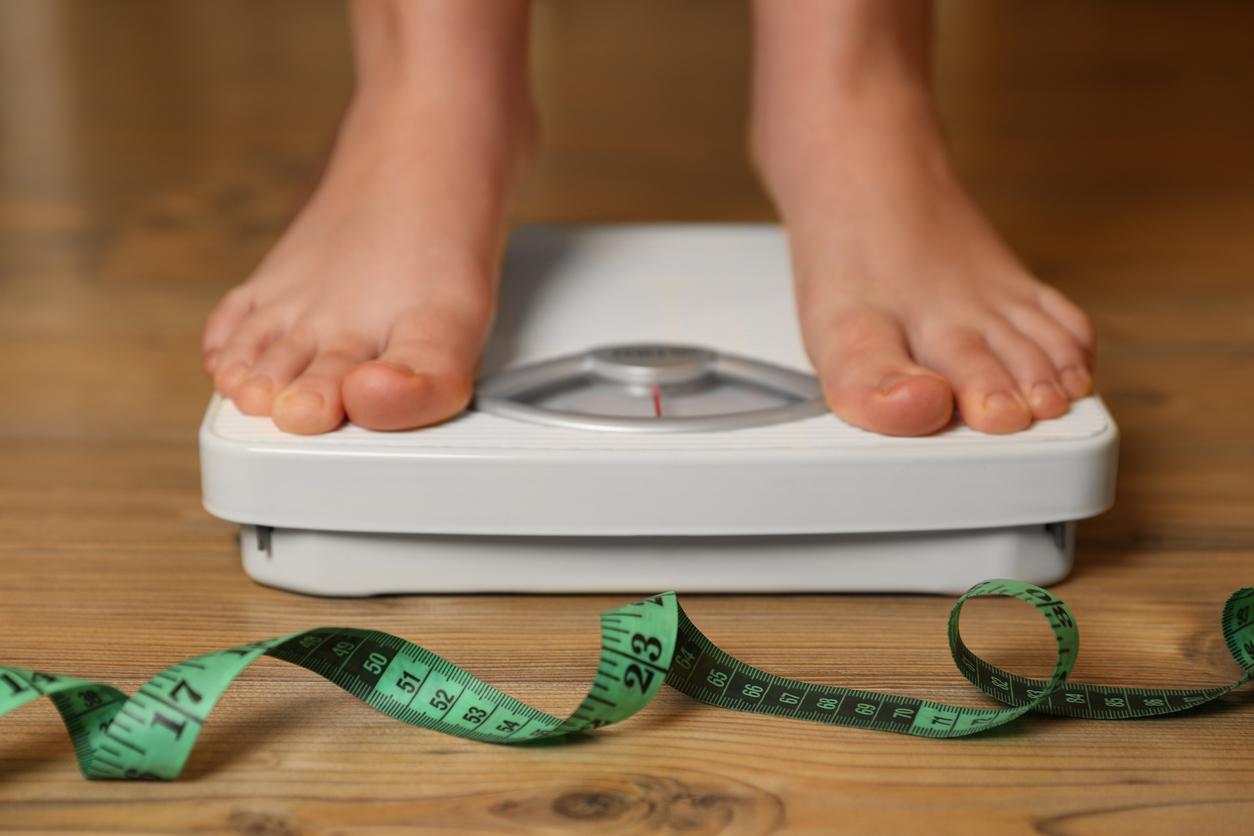Moderate to vigorous physical activity early in the day influences weight management and health outcomes.

- A strong linear association between moderate to vigorous physical activity and obesity was observed in the morning group.
- People who exercised in the morning, between 7 and 9 a.m., had a lower body mass index and waist circumference.
- Adults practicing a sporting activity at the start of the day were 10 to 13 years older than members of the other two groups.
Regularly practicing a sporting activity protects against obesity. “However, the optimal time of day to exercise for weight loss is controversial,” indicated researchers from Franklin Pierce Universities (United States). Therefore, they carried out a study to explore the diurnal pattern of physical activity and investigate its impact on health outcomes. As part of their work, published in the journal Obesity, the scientists used data from a national survey of 5,285 people. For the purposes of the research, they classified the diurnal profile of moderate to intense physical activity, measured by accelerometer, into three categories: morning, noon and evening. Among the participants, 642 adults exercised in the morning, 2,456 at lunchtime and 2,187 in the evening.
Exercising between 7 a.m. and 9 a.m. helps you have a lower BMI and waist circumference
The results showed that a strong linear association between moderate to vigorous physical activity and obesity was observed in the morning group. A weaker curvilinear correlation was observed in the midday and evening groups. In addition, despite a longer duration of sedentary time, participants who exercised in the morning, specifically between 7 and 9 a.m., had a lower body mass index and waist circumference than the other groups. “Among those who met physical activity recommendations, the adjusted means for BMI were 25.9, 27.6, and 27.2 kg/m2 in the morning, noon, and evening groups, respectively, and for waist circumference were 91.5, 95.8 and 95 cm, respectively”, the authors clarified. Overall, they said, volunteers in the morning group were 10 to 13 years older than members of the other two groups. The latter had completed university or higher education and had never consumed tobacco or alcohol.

Sport: biological differences between early risers and night owls
“It is not known whether people who exercise regularly in the morning are different from those who exercise at other times. For example, adults who engage in physical activity in the morning might have more flexible schedules Flexible schedules may have other beneficial effects on weight that were not measured in this study, such as sleep duration and quality and stress levels. Additionally, people who consistently get up early to “exercising may be biologically different from night owls”, concluded Rebecca Krukowski, a clinical psychologist specializing in behavioral weight management, who was not involved in the work, in a statement.
















